I have been reading ‘The Secret of Scent’, by Luca Turin, who is a reknowned biophysicist (nope, I hadn’t heard of that before either) and general expert in the field of perfumery. I have another book of his, ‘Perfumes: The A-Z guide’, which is a review of hundreds of perfumes on the market at the moment and it is surprisingly addictive. (The gist being just because a perfume is by a designer label, is very expensive and has clever marketing, it doesn’t mean it is actually any good- which I knew anyway but it’s still reassuring for it to be confirmed in print!).
Ok back to the ‘Secret of Scent’.
The book is part a lifting of the lid of what goes on in the perfume industry, but mostly a detailed look at the science of perfumery: how we smell, the molecular structure of different scents and the manufacture of synthetic fragrances.
Ok I will shamefully admit now that a lot of it went over my head! And considering I was one of the top of my class in science at school (even if school was 9 years ago) it is even more embarrassing. Also because my niche is natural perfumery, for the moment I am not too interested in the science and manufacture of synthetic scents.
However I think Turin does make a valid point that just because a fragrance is synthetic and is made up of components such as ‘Hydroxymethyl pentylcyclohexene carboxaldehyde’, (which is a lily-of-the-valley scent by the way), it needn’t be a cause for alarm. He says that the perfume industry has unknowingly shot itself in the foot by being coy about the chemical ingredients and the science behind their creations. Mainly because a fragrance would be described for example as ‘apple and spice’, but the ingredients wouldn’t contain any real apple or spices but rather a list of chemicals, making people confused. He says it also comes from an old fashioned view of treating women- the main consumers of fragrance and fragranced products- as idiots.
Either way, he says that because the perfume industry has not been so open about the synthetics and chemicals it uses, the general public has panicked and are kept in a level of anxiety fed by stories of allergic reactions to certain chemicals. So people are frightened rather than be educated.
I am a passionate believer in educating ourselves as much as we can about everything possible. The more you know, the better choices you make and the healthier, more informed beliefs you have about the world. Quite simply, you don’t follow the crowd and form your own opinions.
Turin also points out the downsides of using only natural ingredients. Firstly they are not always reliable and consistent. Meaning supposing there is a bad summer and the rose harvest is bad one year, then the perfume maker needs to find a different supplier, possibly in a completely different country, meaning that the rose will be slightly different and probably not as good quality, which then affects the perfume. Or perhaps the soil Ph changes, there is a natural disaster, the temperature changes… natural materials are completely dependent on the environment they are grown in, which cannot be relied upon to stay consistent.
Secondly, with natural materials the variety of fragrance you can make is limited. Natural materials contain many different notes in just one ingredient- or chemically speaking, naturals are a mixture of chemical compounds, while synthetics single compounds. Anyway, because natural materials contain so many different notes you have little control over the notes and cannot alter them, which you can do with synthetics.
Thirdly essential oils often smell nothing like the plant they come from. Rose absolute smells very different to fresh rose petals.
And finally, natural materials are just more expensive than synthetic. For example, Coumarin, a major ingredient in modern perfumery, costs 10 euros a kilo. In comparison, the Tonka bean, from which Coumarin is extracted and is basically made up of, costs 400 euros a kilo!
I have shared this because I want show the other side of the debate on natural cosmetics, and perfumery which of course is my speciality. I really respect Turin’s argument: He has years of experience in the laboratory and perfumery, and has a Phd in biophysics which I certainly do not. And he is well known for just being so darn passionate about smell and perfumery. As I said, I firmly believe in being informed about as much as possible, and so I am fully aware of the drawbacks of only using natural materials in my own products.
However, I still stand by my stance of only using natural ingredients. A quote I found online which I stand by: ‘If you don’t recognize the ingredients, neither will your body’. No matter how much scientists say that the synthetics we use in our everyday cosmetics, and also household products, and also food, are harmless and don’t affect us; the truth is there have been precious few unbiased (ie not paid for and influenced by the companies that use said chemicals) studies into the long term effects of the huge influx of chemicals on our bodies. And fewer than 20% of chemical ingredients in everyday cosmetics have been properly tested for safety. Scientists have found links in chemicals found in every day toiletries to certain cancers, and shockingly often in products which are made by companies that promote their support of cancer charities.
There is also the fact that even when companies admit that there is an especially toxic chemical in their products, they say that it is only a small amount. But the real fact is the average woman uses 12 personal care products daily, each product containing at least 12 different chemicals. So that’s 12 products once, twice or more every day used on the skin: it builds up!
And another little fact courtesy of my Neal’s Yard training: 60% of what we put on our skin goes straight to our bloodstream. When a selection of adults had their blood tested, it was found they had nasties like mercury, flame retardants, triclosan and even lead in floating around their bodies. And these all come from the synthetic chemicals that we use everyday.
Anyway I could go on but I realise I need to finish.
The human body is a living, respiring, growing organism. So it seems logical then to be putting products on and in it that have also been living, respiring and growing.
As a perfumier I know that by using natural products the range of fragrances I can create is limited. But I would rather create a limited range of fragrance that is ALIVE, and will naturally interact with my own pheremones and natural scent, than many fragrances filled with single notes of monotony that are lacking in depth. Even if it does smell of fresh peaches.
Valerie Ann Worwood puts so clearly in her book, ‘The Fragrant Pharmacy’, that we are so used to the synthetic fragrances of natural products- like strawberry- that we have forgotten what REAL strawberry smells like. And then we think that synthetic strawberry smells more like strawberry than the real thing! She goes on to ask,if we really want our children and future generations becoming so used to synthetics that they forget and cannot recognize what real plants smell like?
For me this is like throwing down the gauntlet. I will just have to be cleverer and more creative with working with my natural products to create a wider variety of fragrance.
Challenge accepted.
If you would like to buy one of my *gorgeous* handmade and of course natural fragrances, contact me at:
looci_r@hotmail.co.uk
Oh go on.


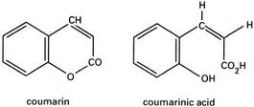
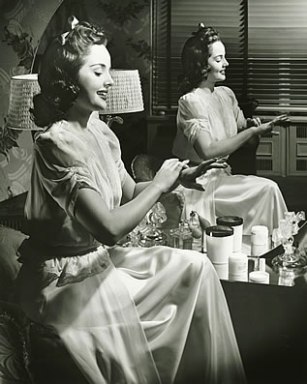
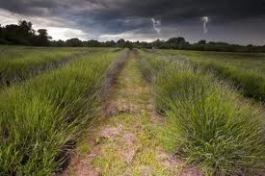
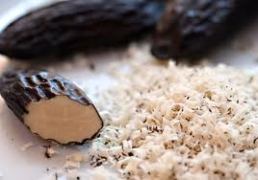
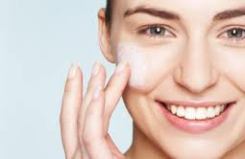
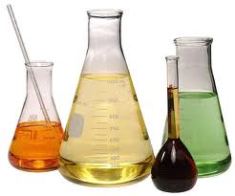

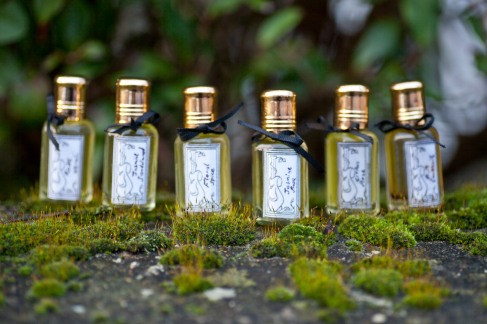
This is very interesting and well-written. Food for thought too.